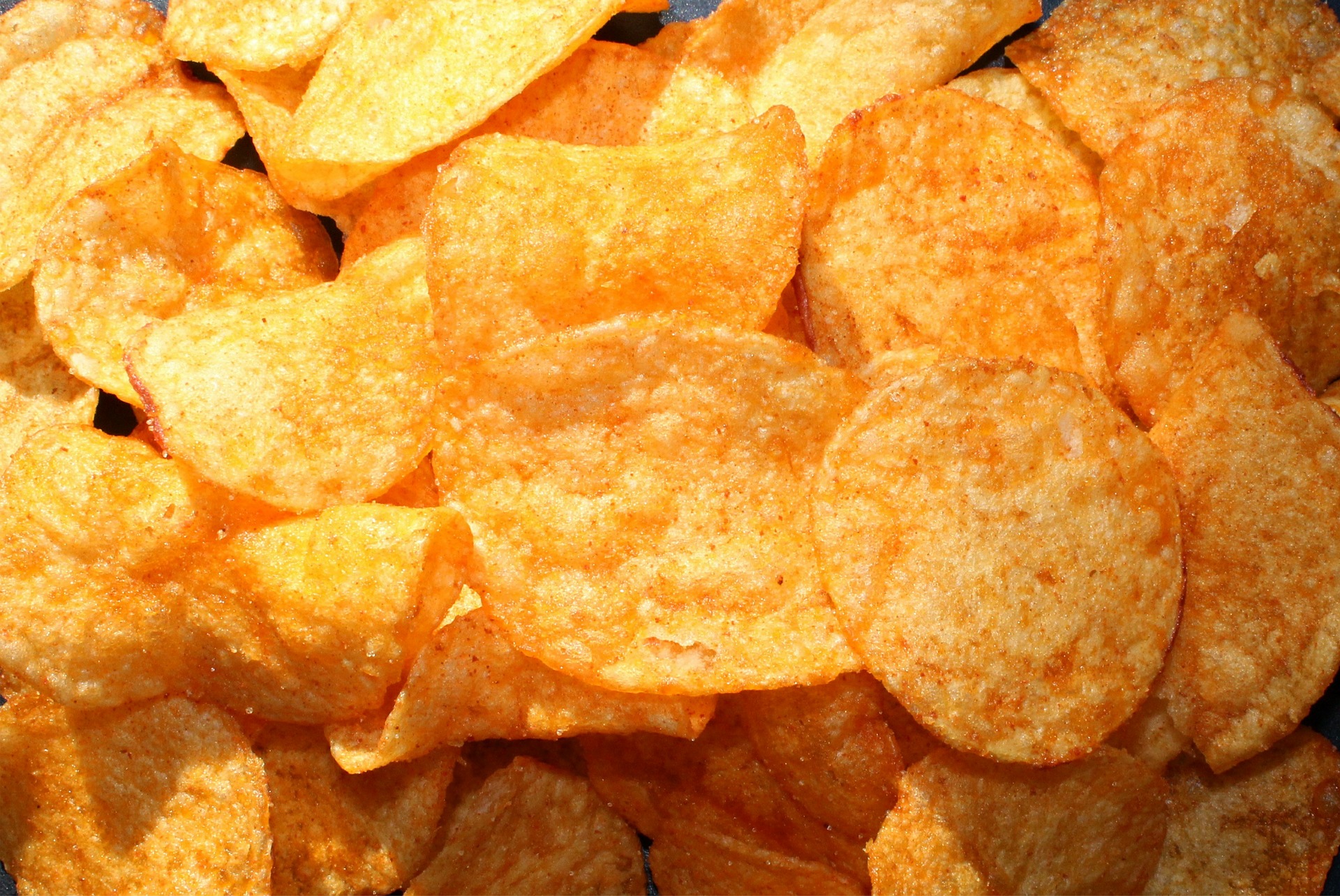The satisfying crunch that accompanies the first bite into a crisp apple is a quintessential fall experience. Although we may not realize it, this crunch affects the delicious flavor we perceive.
Do we eat with our ears? Perhaps. Recent research from Oxford University explores how sounds impact our perception and enjoyment of flavor.

Scientists have recognized that flavor is a multi-sensory experience in which taste, appearance, scent, texture, and sound are all important ingredients. Indeed, Yale epidemiology and psychology professor Lawrence Marks acknowledges that it is difficult to separate the components influencing flavor. “The different [sensory] systems are always integrating information,” Marks said. Sounds perceived by the ear are converted to electrical signals and are processed in the auditory cortex of the brain. However, scientists are unsure exactly how the brain associates these sensory signals with flavor.
In recent research, Oxford psychology professor Charles Spence investigated this phenomenon. Study participants ate and described the taste of uniformly-flavored chips while listening to crunching sounds. Surprisingly, 75 percent thought the chips tasted differently depending on which sounds were played. When the loudness of crunching sounds increased, participants rated potato chips as crispier and fresher. Sounds produced by “quiet” foods and drinks can also affect the perception of flavor — participants reported that soda tasted better when the volume and frequency of bubbles was increased to produce a more rapid fizzing sound.
So, the next time your mother tells you to chew more softly, tell her the apple tastes better when you make noise!
Cover Image: Image courtesy of Pixabay.

